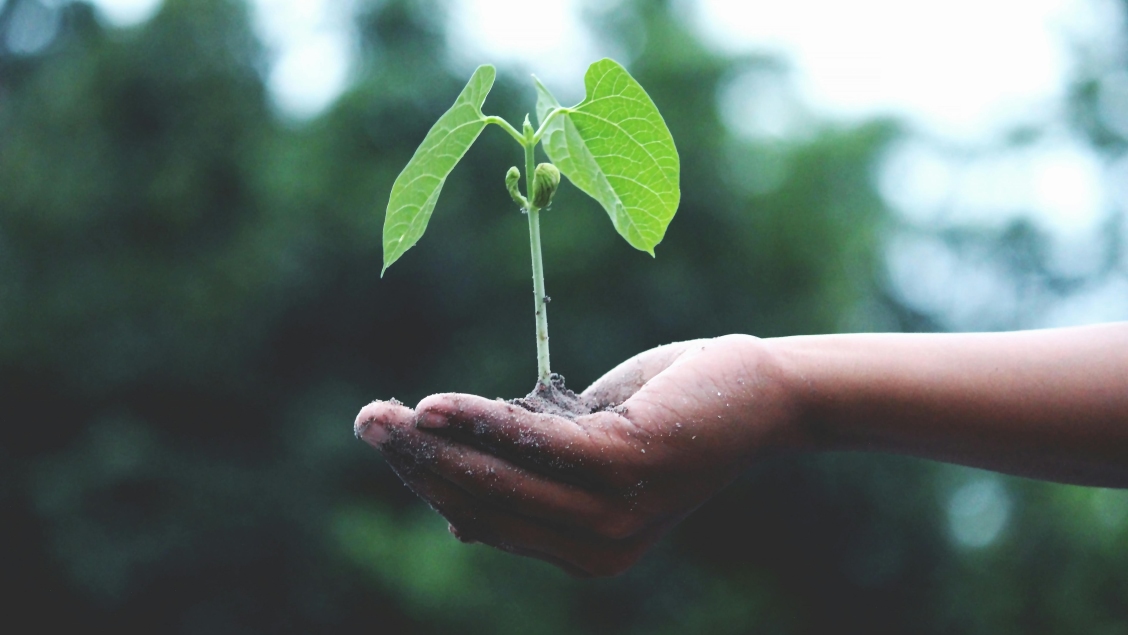
Designing a Sustainable Future—Max Bergman Interview
In this Max Bergman interview, we’ll be discussing the 8th World Sustainability Forum, the importance of sustainability, and the importance of the Sustainable Development Goals.
Max Bergman interview
Prof. Dr. Max Bergman seeks answers to key questions on the challenges set out by the UN sustainable development goals (SDGs). He is one of the Chairs of the 8th World Sustainability Forum (WSF) that will take place 14–19 September 2020 in Geneva, Switzerland. The WSF is an event that “encourages participants to go beyond disciplinary boundaries by bringing together academics from different disciplines with policy makers and the business community”, Prof. Bergman says.
The WSF is coordinated by the MDPI Sustainability Foundation, under the patronage of the University of Basel, the University of Geneva, and the UN Sustainable Development Solutions Network (UN SDSN). Prof. Bergman states that events like this are “needed as part of a larger national and political effort to increase awareness, to discuss solutions, and to inspire individuals and organizations to do more and participate actively in designing a sustainable future”. Additionally, he observes that “the most exciting aspect about WSF 2020 is the good will and collaboration between organizations and networks that habitually have their own audiences, networks, and outputs”.
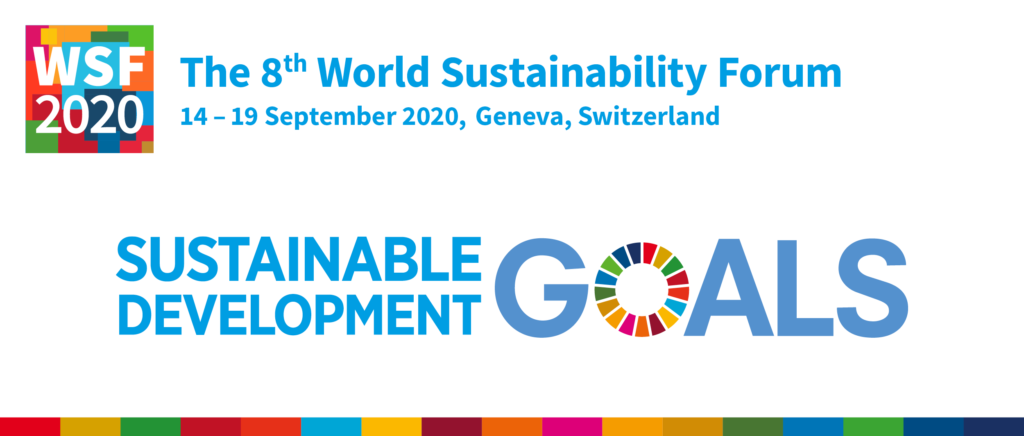
Sustainability in a globalized world
Prof. Bergman’s research is mainly focused on sustainability in relation to the UN Sustainable Development Goals and the UN Global Compact, specifically how sustainability intersects business and society in a globalized world. Currently, his group is working on a new research approach entitled Social Transitions Research (STR), which is dedicated to “working closely with the ‘future makers’ and their realm in order to find sustainable solutions to contemporary and future challenges”.
Today’s ‘future makers’ are those working in politics, technology, business, and religion. Therefore, instead of starting with a research question, “STR starts with listening to stakeholders associated with a research area, which includes empathizing and collaborating with them; identifying a focus, research question, or problem based on the previous elements; attempting to solve the problem that was identified; and returning to listening to assess whether the efforts have contributed to a solution of the problem”.
Setting goals
Recently, sustainability has gained considerable ground and many institutions, governments, and companies have aligned their agendas with the sustainability goals, so I wanted to know from Prof. Bergman whether some goals are more important than others. For him, “they are all equally important because they form a system”. In this regard, he points out that “some goals and their respective targets are complementary and not a single goal can be eliminated without creating systemic problems for others”.
For example, as Prof. Bergman explains, “reducing gender inequality will reduce poverty and hunger, and it will improve health, well-being, and education”. However, in practice, “for some researchers, policy makers or businesses, it is the goal that is closest to their competence area that is more important”.
In his opinion, it is impossible for organizations, regions, and nations to make significant contributions to all goals. Thus, for economic, political, or cultural reasons, regions may focus on a subset of goals that will bring the greatest positive impact toward sustainability in line with a specific contextual and cultural landscape.
Sustainable development goals
Next year will mark the 5th anniversary of the SDGs and Prof. Bergman is happy with how much support the 2030 Agenda for Sustainable Development and the Paris Agreement received from the outset. However, he is “frustrated by the backlash we are currently experiencing, especially in the developed economies, often motivated by an attempt to return to a more profitable, comfortable, and selfish space and time”, but at the same time he feels “excited about the (partial) uptake by regional and national programmes, NGOs and NPOs, the business sector, political agendas, so-called developing economies, and, especially, by young people who are leading by example and political commitment”.
Questioned about whether we are on track to achieve the SDGs, Prof. Bergman considers that universities and researchers must do a lot more to fulfil what he considers a fundamental part of their mission: “We, who are older, wealthier, and more privileged need to adapt quickly to new realities and opportunities”.
According to Prof. Bergman, the main reason we are not on track is that we all have difficulties in translating good thoughts and intentions into systematic behavior and habits, and because we are expecting someone else to do their bit. “If they don’t, why should we?”, or “in comparison to X, my or our efforts would be negligible” are typical excuses in this regard, he states.
Challenging times
In challenging economic times, can we even afford to do something about sustainability? Or is it not too late already? He states: “Think about a lifelong smoker. Is it too late to quit? No, the smoker can still benefit from quitting, even if he has lost one lung to cancer and his right foot to gangrene. But it would have been better if he would have quit earlier. In 2030, we will have had sustainability successes but, looking back, we will recognize that we should have started earlier and done more”.
If this Max Bergman interview has interested you, why not read more of our content on sustainability? The World Sustainability Forum 2023 featured a diverse collection of innovative thinkers.

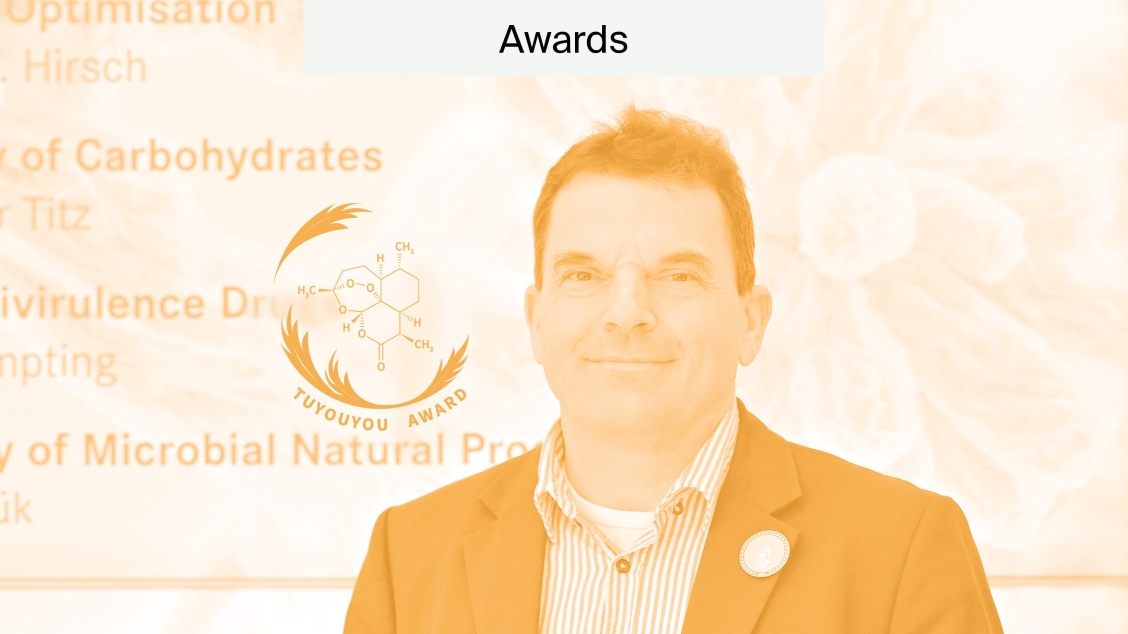
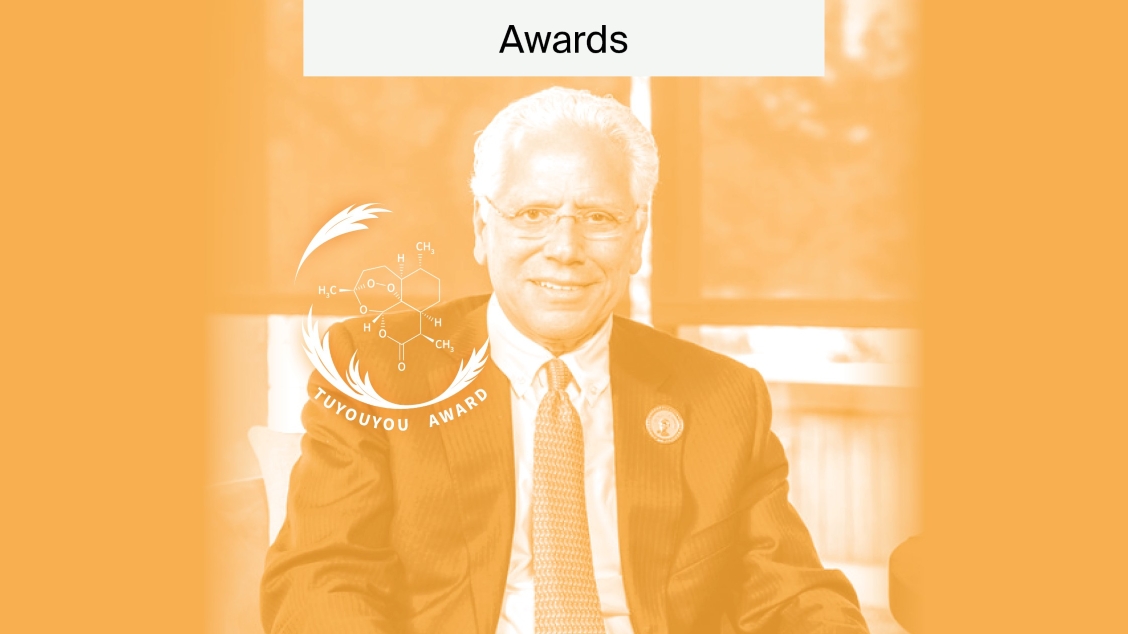
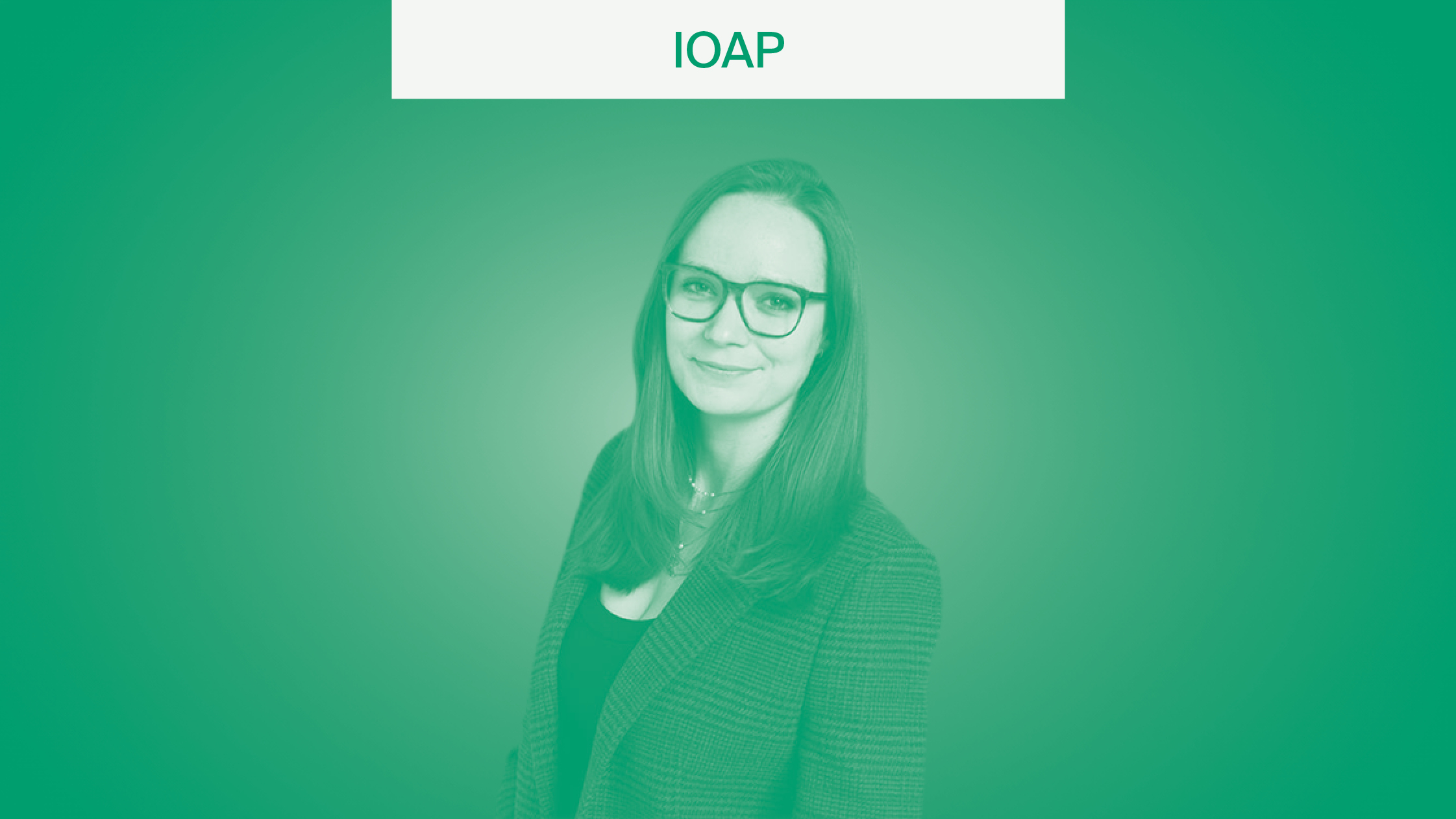
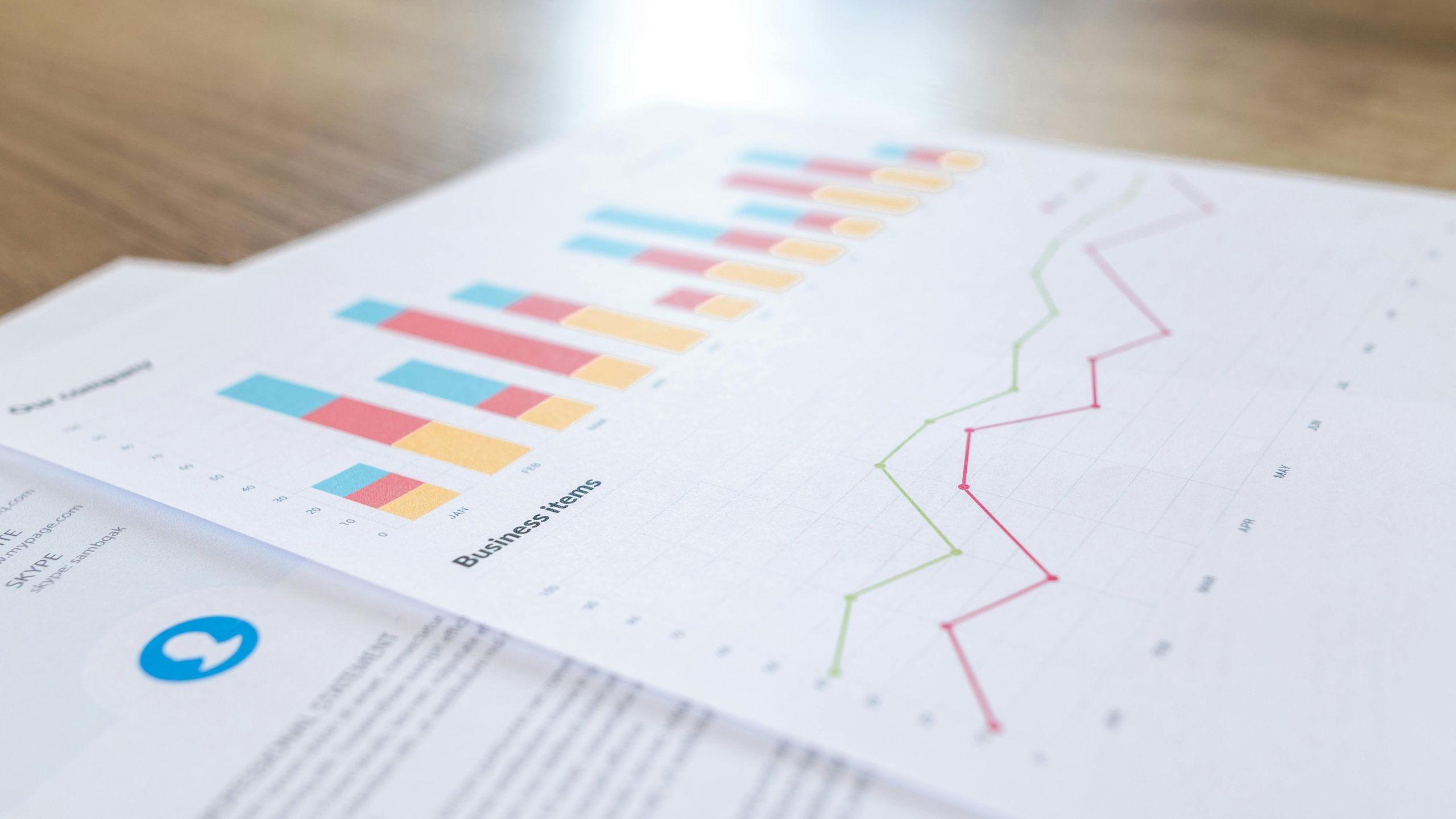
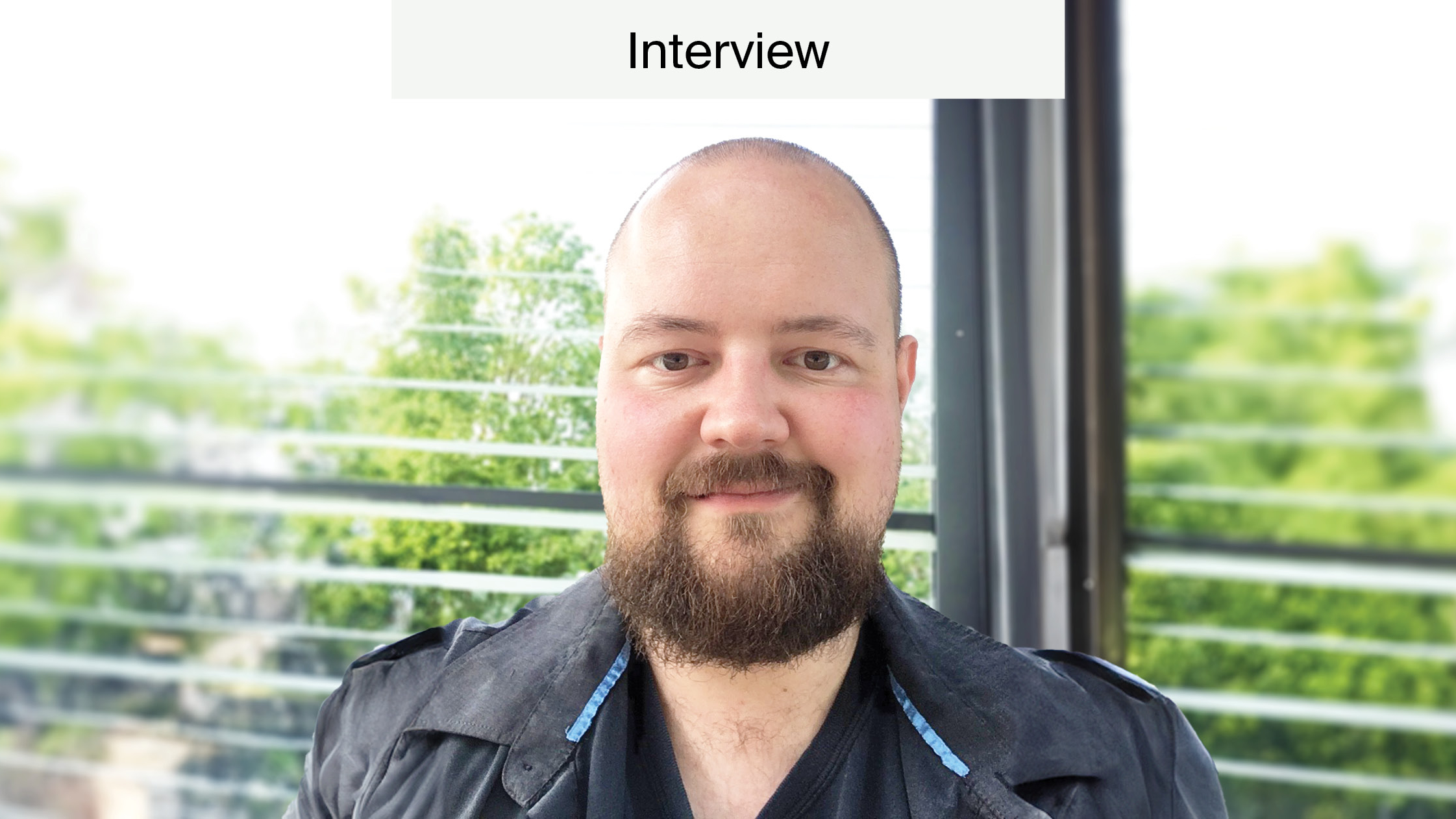
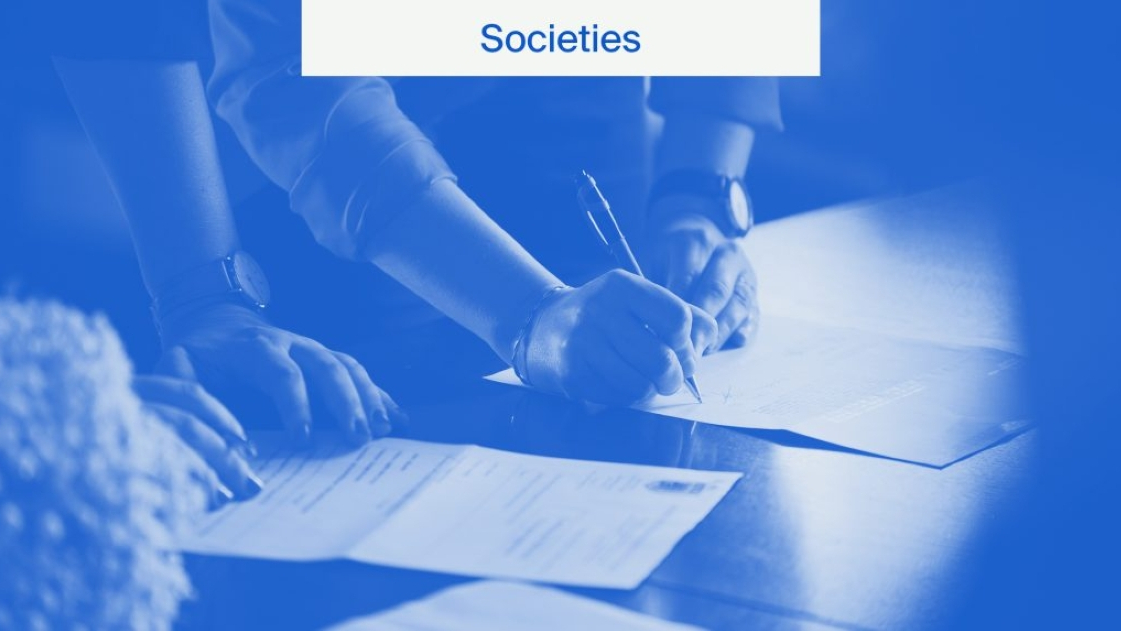
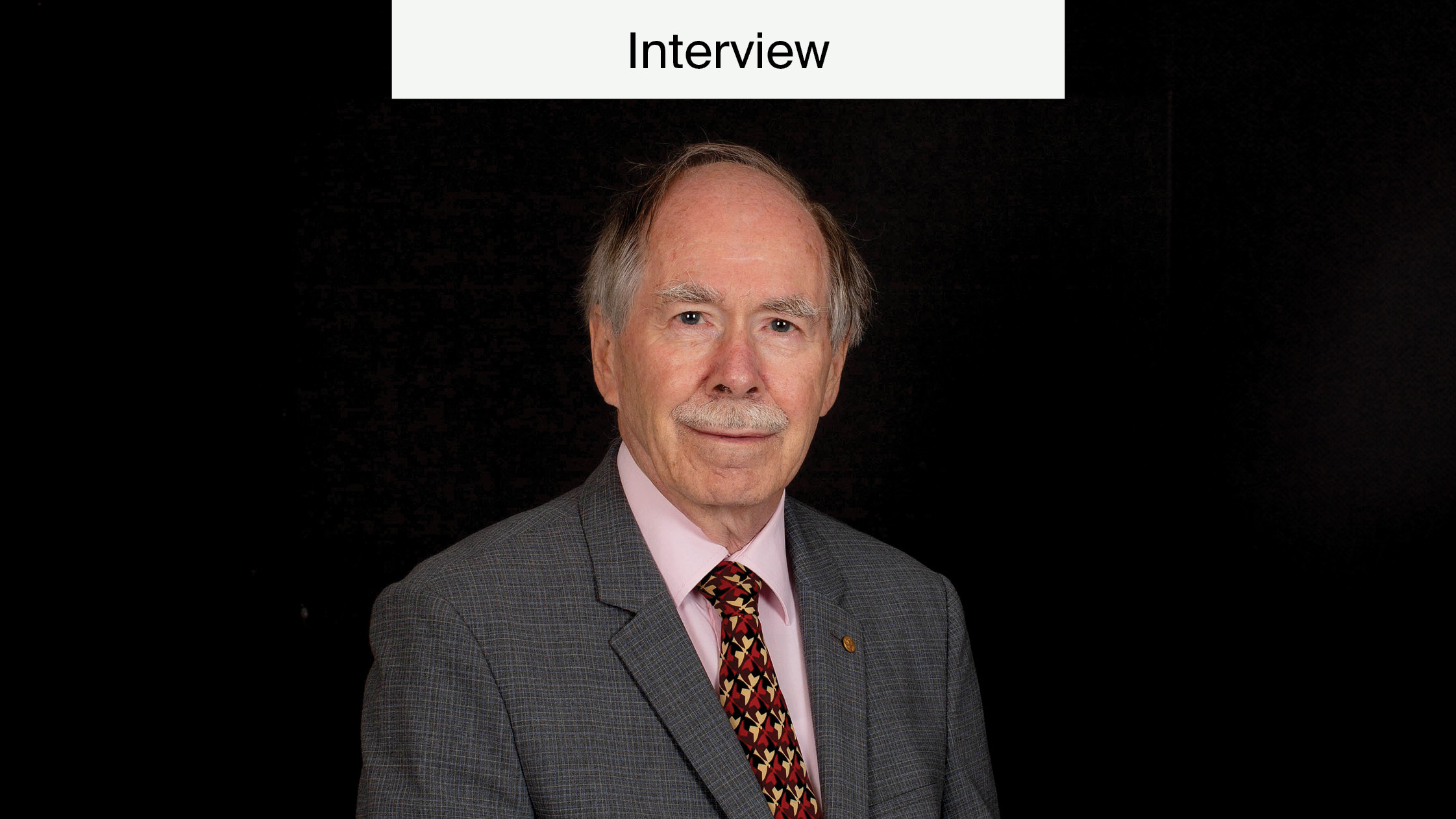
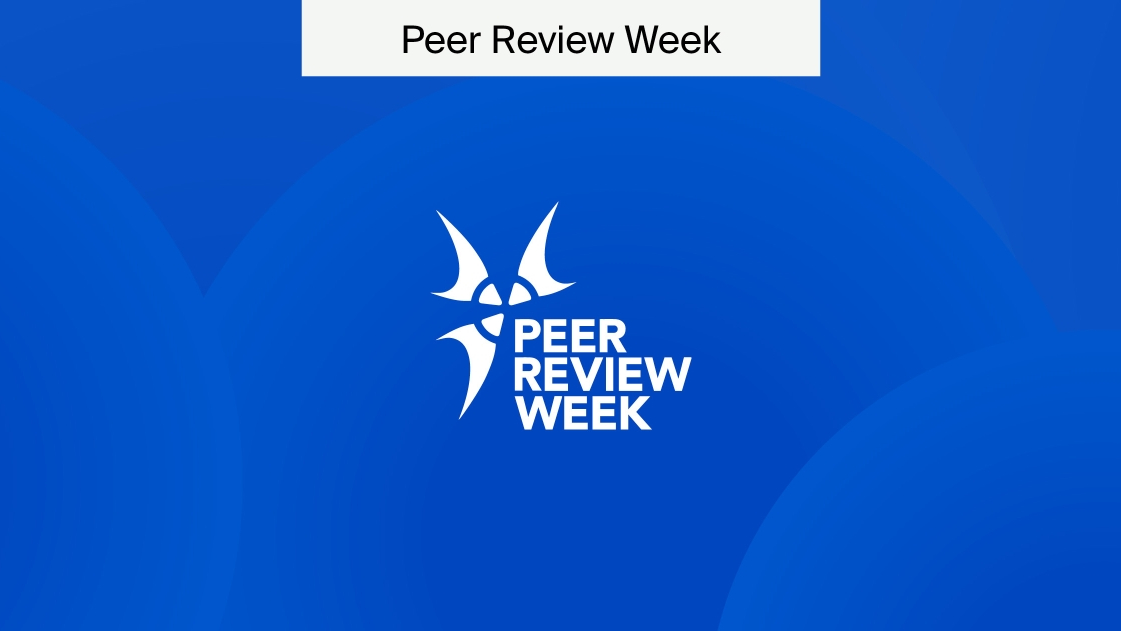
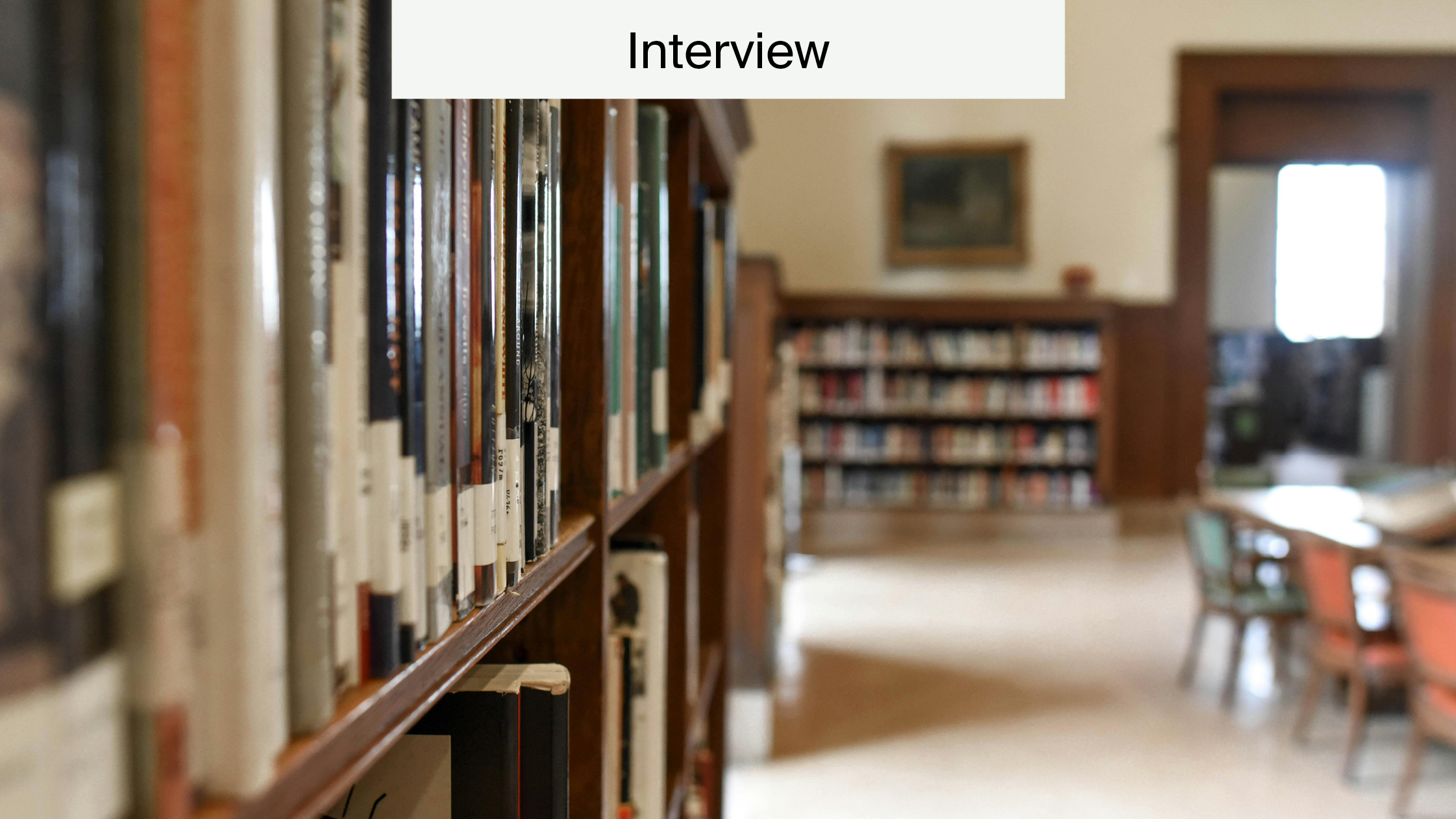
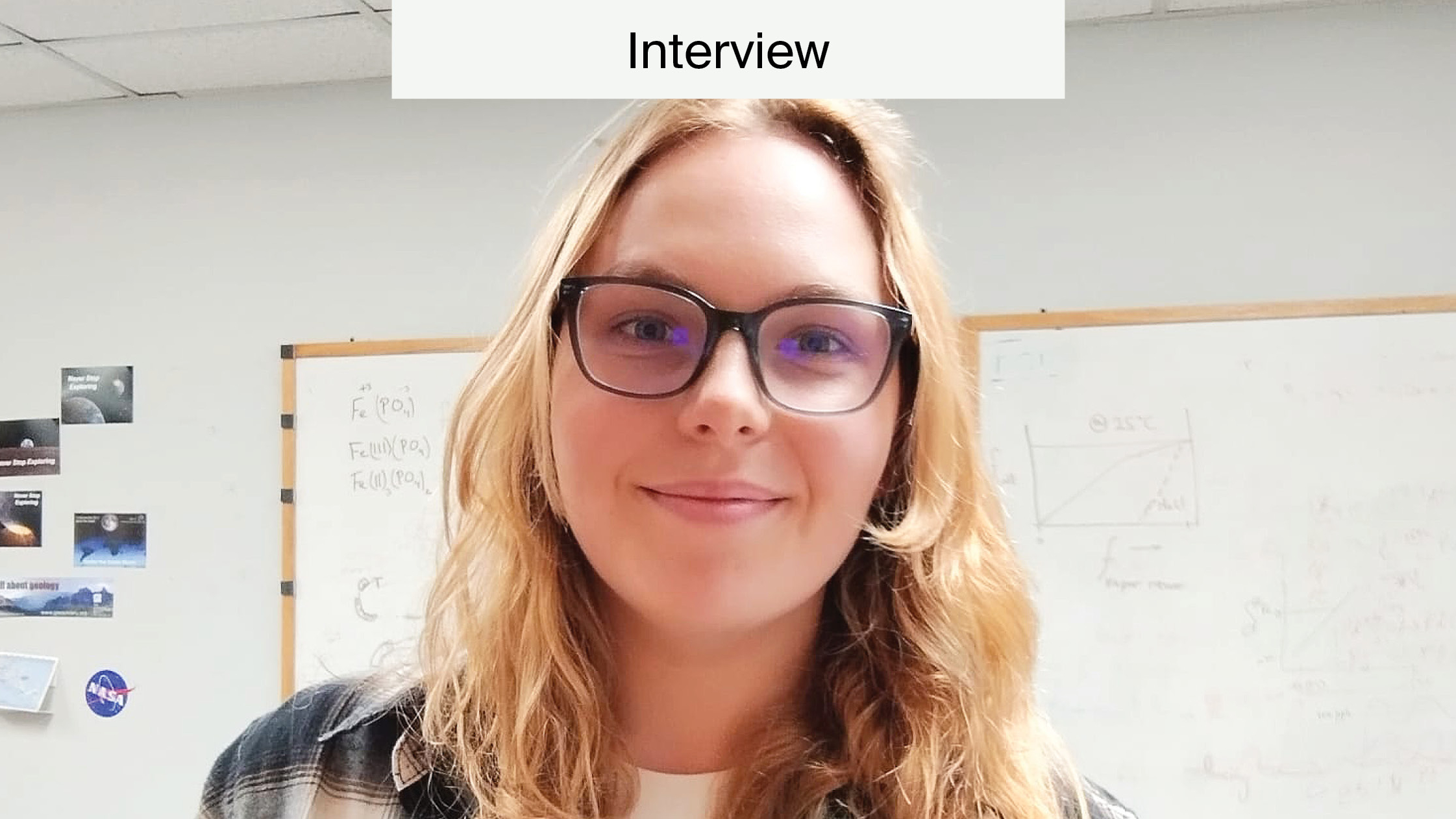
A sustainable future will not be possible without recollecting the Carbon dioxide
from the air and out of the oceans, with enhancing the fertility of the soils and
avoiding further emission of CO2 from fossil sources. This can be done without
destroying tropical rain forest by re-greening one quarter of the world’s arid
regions (36 million km²) or restoring part of the degraded soils, which are more than 20
million km². For re-greening the arid regions we have to produce huge quantities
of fresh water, which is possible with waste heat from solar powered stations near
the oceans. Feasibility of such power stations and desalination units is shown
since decades, but we use our money to subsidize fossil energy instead of
facilitate new and sustainable energy sources. The European Central Bank was able
to perform 800 billion Euro from nothing to rescue the bank system. Only a very
small part of this would be needed to start financing solar power and desalination
stations in the Sahara. Power lines to Europe are already installed and transfer
now electricity to Morocco. They could transfer it in the opposite direction. We
have lost at least 10 years since the first publication of this concept. We could
have closed all coal fired power stations in Europe today. All cars, trucks, ships and
aeroplanes could use bio-fuels grown in deserts instead of fossil oil, while the
plants which produce this oil bind four times as much CO2 in it’s biomass. This
biomass can be transformed to biochar, which enhances the quality of the soils to
produce food for half a billion people in the nowadays desert regions. But nobody
wants to hear this, if he can not get multi-billionaire by a new concept.
What is a livable world worth for us? Can we live from money alone?
Certainly not, but in our society only money is the only measure.
If we can not change this, we will destroy the remaining fertile soil, enhance CO2-level to 600 ppm and our children and grandchildren can not live in the hell we produce ourself.
Bergmen is on point. STR is called participatory action research in the US. Our center has been doing this since it’s inception in 1989 – University of Wisconsin – Center for Integrated Agricultural Systems.
I agree that there are many important parallels between the well-established field of (social or participatory) action research and STR. With STR, we include substantive research areas into a methods and methodological approach, i.e. we combine elements from action research with a focus on geopolitical and economic “transitions” – research on how to adapt sustainably. In other words, STR is a research approach that combines research methods and methodological considerations with substantive and normative elements. I would agree that much of the excellent research from your center would fit the STR focus.
“According to Prof. Bergman, the main reason we are not on track is that we all have difficulties in translating good thoughts and intentions into systematic behavior and habits, and because we are expecting someone else to do their bit.”
There might also be fundamental issues of energy, transport, products and food systems being inherently unsustainable while being highly profitable. This is by design. If you want new design, you will have to push engineers into this work with a huge shove.
#TransitionEngineering
Dear Dr. Bergman, I admire your work and attitude. I am someone who follows his dreams since 2000. The bigger the dream, the better. Right now, I am passionate about creating a website that can track (by receiving all relevant info, photos, videos, and data) the major projects on the planet that are fighting climate change and restoring the Earth with timely updates and timely updates. I have resources and contacts. Our next step is to create a state of the art way to categorize the projects. This, hopefully would be 3D, stereoscopic, where one could click one thing and see the projects related to soil, or water as an example and the subcategories and to be able to go deeper and deeper in understanding and being aware of what is happening and what is needed. To make the info as easily accessible as possible. First, however we need to map these connections, which is a monumental task, before the coder, my nephew, an MIT phd brain scientist who also happens to be a world-class coder a is willing to attempt it. I am wondering if you or if you know anyone could help with this preliminary task? Of course, everyone is fully busy, maybe they could find time if it was paid? It is very important that we accomplish this as soon as possible. After we achieve this, we will solicit a few hundred projects to send us the info. and then, make the website known throughout the internet by every means possible. And from there, projects can send us their info without our needing to solicit. I would love to know your opinion and if you think you can help in any way. abrazo, Tom Osher (founder of chambalabamba.org) aka mofwoofoo